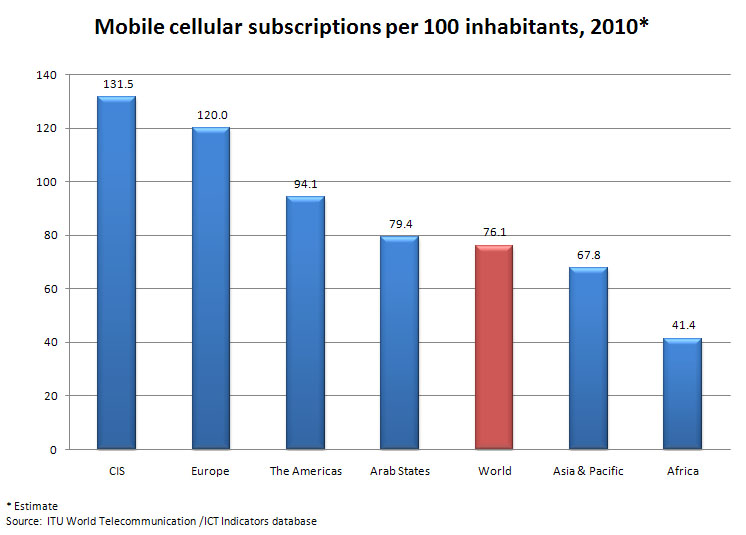 Some time ago on Twitter, I opined:
Some time ago on Twitter, I opined:
Just got an email asking about Electronic bibles in multi-languages and for offline use; we can’t forget that is a big need still…
The tweet was answered by John Dyer who said:
@mobileminmag That’s what Digital Bible Society is doing: www.dbsbible.org/ (they are about to explode with languages)
It caused these follow-up tweets:
@johndyer – forgot about these folks; thanks for the poke (challenge to keep abreast of all doings; even in the longer running efforts)…I do wonder, how many groups are doing the same things, and can’t or won’t talk to one another (is the Body one of siloed actions only)
The trek for an answer to this (often to myself) asked question took me to Scripture first. Hearing verses before context, I started looking at a few items:
- “Every kingdom divided against itself will be ruined, and every city or household divided against itself will not stand… he is divided against himself. How then can his kingdom stand (Matthew 12:22-36)
- The parable of the Rich Fool (Luke 12:13-21)
- “Master,” said John, “we saw someone driving out demons in your name and we tried to stop him, because he is not one of us.” “Do not stop him,” Jesus said, “for whoever is not against you is for you.” (Luke 9:44-50)
And while there are verses in those that soften my heart, they don’t address the matter that sits at the core. Another person in a twitter conversation put it nicely:
I can’t think of a theologian who is engaging in the technology space in a meaningful way, yet folks like Lanier & Sterling are asking about the human spirit as it interacts with technology.
Lanier is the author of a book that I’m reading now (You Are Not A Gadget). So far in my reading, I’m impressed on the same line of questioning: where is the Body speaking and engaging the conversation around computer technologies in a way more meaningful than numbers, revenues, and tools? After reading this quote from Lainer’s book, I had to put it down (iPad running Kindle) and reflect, where are our conversations:
…we should not be irreverently usurping His power of creating souls, any more than we are in the procreation of children: rather we are, in either case, instruments of His will providing mansions for the souls that He creates.”
Where do we speak and live into lives? There’s the education of kids, as well as adults who still have much to pass down. There’s an economic system built on secrets and misunderstood histories. Yes, there’s censorship, and there’s also exploitation of the very resources that build communities (people, fresh water, safety). If Christ is the bread that binds, it doesn’t matter if we are on a social network “doing church” if the greater parts of our community can’t even use a computer (mobile or otherwise) to get a job because our computer labs are closed to non-members, understaffed, and/or fronted by leaders who resist the approaches others have done in their own neighborhoods.
Dr. Philip Jenkins (The Lost History of Christianity, The Next Christendom,etc.) recently came to Charlotte to speak. I was able to make the last half of his second (and final talk). One of the points that was intimately clear was that we have no choice about the changing faces and patterns of the Christian faith on the global stage. USAmerican mainstream deonminations either need to adapt to the changed/changing demographics of their communities, or be marganalized into small and mostly echoing relics of a faith that was once relevant. There’s value in what every faith community offers, but none of that can be communicated through solo or siloed efforts, there’s a larger narrative to the implications of faith in these merged communities, and (as I discussed with him afterward) a similar discussion being played out with mobile/web.
Efforts like Digital Disciples and the Digital Bible Society are great, and these are the kinds of efforts that more of the Body should be taking part in. But, we also should be noticably involved projects such as OLPC’s One Laptop Per Child, discussions such as the implications of WikiLeaks on media and content, and working out the theological answers to the social implications of mobile across generations.
So Body, what are you doing? And does the rest of the Body know anything about what you are doing? Is an injection of Jesus into tech culture just something one group does at a time, or is it isolated to certain conversations only? I’m of the persuasion that IT won’t exist much longer (am not alone in this thought) – what will you do when digital isn’t an appended layer to faith, but is an active and integral part of how communities will engage the validity and experience of their faith? Will the conversation about what we do in tech be meaningful or just noise?

 Tomi Ahonen has been quoted
Tomi Ahonen has been quoted 

